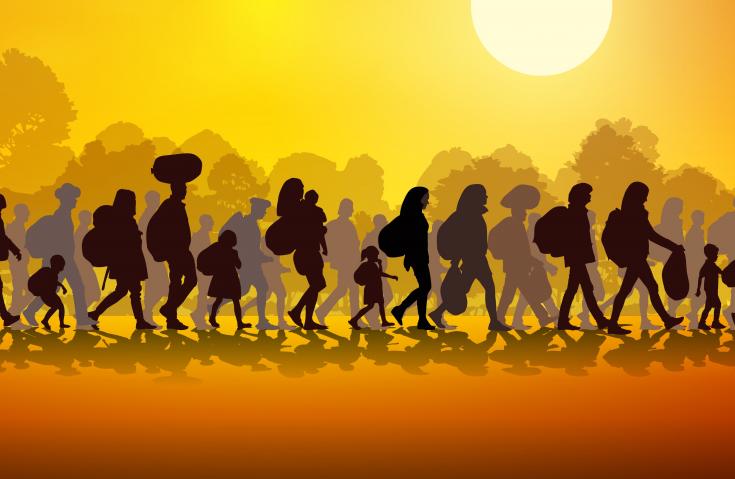
Migration & Urbanisation
-
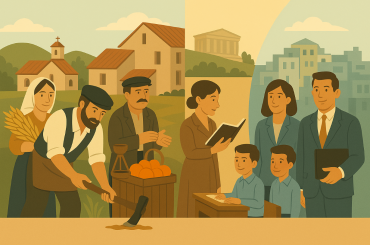
How refugees continue to positively shape the Greek economy over a century after they arrived
From 1922 to 1923, over 1.2 million Greek Orthodox migrated from Anatolia to Greece, raising its population by 20%. How did the human capital decisions of refugees differ from natives, and how do they continue to impact the Greek economy today?
-
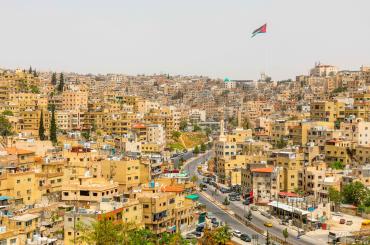
Refugee housing policy: Learning from housing subsidies for Syrian refugees in Jordan
As the global refugee crisis escalates, there is a growing need for evidence on refugee housing policy. Evidence from Jordan suggests that housing subsidies for Syrian refugees had limited benefits for refugee well-being while worsening social cohesi...
-

How will climate change impact migration in Africa?
Population displacement may become an obvious adaptation margin to climate change in vulnerable regions like sub-Saharan Africa. How large will future climate-induced migration flows be? What could the associated welfare losses be, and what can polic...
-

Low-cost housing for Africa’s cities
Evidence from a large-scale housing lottery programme in Ethiopia shows that government housing that people want, and thrive in, can work in settings with highly constrained housing supply and when programmes are designed well.
-
Refugees and Other Forcibly Displaced Populations
-
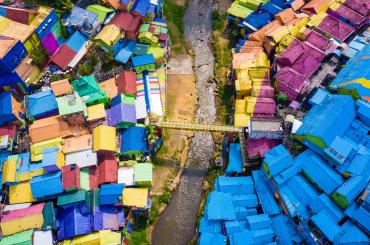
Upgrading slums for long-run urban development in Indonesia
Slum upgrading programmes improve living conditions for low-skilled residents, but potentially at the cost of formal development and inefficient land allocation. Evidence from Indonesia reveals that these costs are largest close to the city centre, s...
-

How immigration supported agricultural development and structural transformation in Brazil
Immigration can foster agricultural development while accelerating, rather than delaying, structural transformation in developing economies.
-
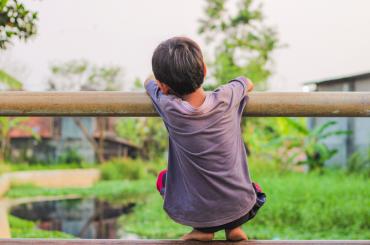
How childhood migration shapes educational outcomes
Migration can act as a powerful tool for upward mobility. Evidence from Indonesia indicates that the benefits of migration depend on a household's initial education level, the age at which a child migrates, and the origin and destination locations.
-
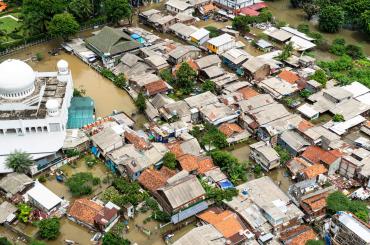
How the urban environment can adapt to climate change
With rising rural-urban migration in developing countries, accelerated by climate change, it is crucial to understand how to incentivise adaptation in the design and construction of urban buildings.
